In many applications this type of pump is preferred even to the more traditional piston metering pump as it offers high reliability and clean operation. Used in aerospace, avionics, medical, pharmaceutical, fuel, chemical, laboratory and research industries, the bellows pump operates in a fairly simple two part process. Read More…
At Puffer Sweiven Rotating Equipment, we take pride in delivering metering pump solutions that bring precision, reliability, and consistency to fluid handling operations across the industries we serve. We understand how critical accurate flow control is, which is why we focus on offering metering pumps engineered to perform with exacting repeatability, withstand demanding environments, and...
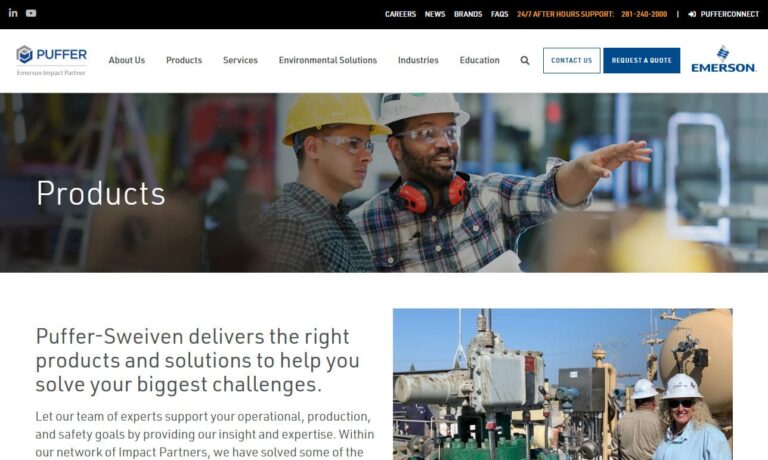
At Ryan Herco Flow Solutions, we take pride in delivering reliable fluid handling solutions that meet the precise needs of our customers. Our metering pumps are designed to provide consistent accuracy, helping industries maintain tight control over chemical dosing and fluid measurement.
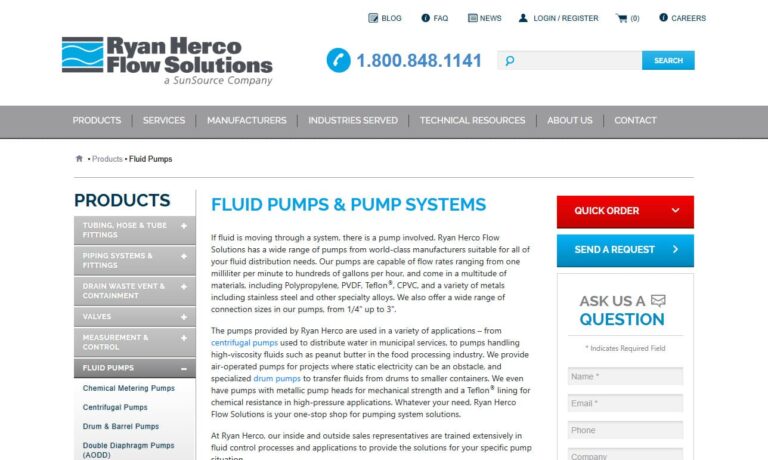
As a manufacturer of metering pumps, liquid pumps, sealless pumps, dispensing pumps and chemical feed pumps, Iwaki America Inc. provides quality, cost-effective products to a wide range of industries. We also offer drive and control systems, blending and mixing systems and test stands. Call us today to learn more about our metering pumps!
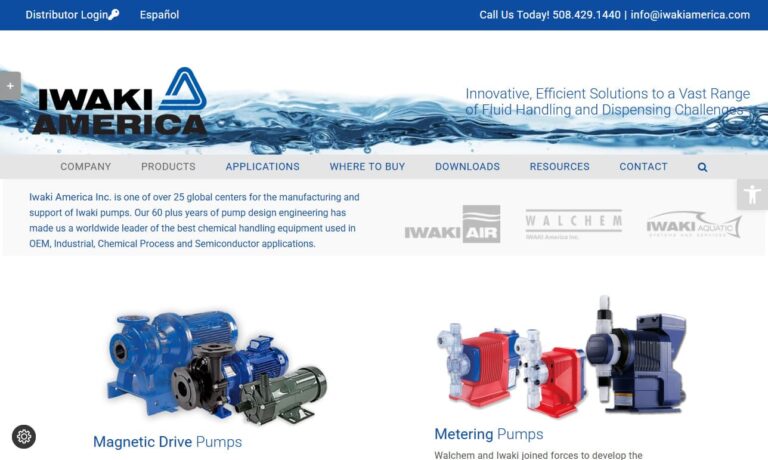
More Bellows Pump Manufacturers
The first part of a bellows pump mechanics are the rotations or oscillations of an attached motor shaft extending the bellows, creating a vacuum effect which draws fluid in from a reservoir. The inlet valve functions only in one direction, as does the outlet valve in order to eliminate contamination or inaccuracy due to backflow. The continued movement of the motor shaft then retracts the bellows, compressing the material and displacing the fluids which are exhausted through the aforementioned outlet valve. A relatively simple process, bellows pumps can be manual or automatic and offer precision fluid metering with clean and quite operation.
Double and triple bellows systems further the possibilities of this particular type of pump as they allow the handling of hazardous, toxic, corrosive and abrasive materials in addition to fluids such as water, oil and medicine. Introducing a precise amount of fluid with each cycle, these metering systems provide a consistent amount of fluid into a continuous flow stream ensuring the homogeneity of the final process stream. With the capacity to operate for over 10,000 continuous hours without particle shedding or other contamination, bellows pumps offer limitless metering possibilities.
The simple operation of the bellows pump is accompanied by a fairly simple design which is often recognizable in medical apparatus which use the pump to carefully and continuously deliver doses to patients intravenously. The bellows themselves act as the pump head, or the compartment into which the intake fluid enters. The drive shaft is attached to one end of the bellows, with the other connected to a stable plate positioned in the flow line. On one side of the stationary end is the intake valve while the outlet is on the opposite.
While the bellows themselves may be made through electroforming, chemical deposition and mechanical forming; welding together stamped contoured diaphragms is the most popular production method for metal bellows while plastics may be stitched, sewn or molded. Common metals include aluminum, stainless steel, copper and titanium. Plastic materials such as laminated polyester, treated synthetic fabric, rubberized fabric and polyvinyl chloride are used as well.
The check valves are made of similar materials as they too must be suited to the composition of the liquid being metered. The motor is the most variable aspect of the bellows pump as it may be electric or fuel based, or altogether lacking as foot or hand pedals may also be used to enact bellow extension and retraction, though not in timed applications. Additional considerations for bellows pumps include operating pressure, flow and temperature ranges as well as stroke, size and efficiency.

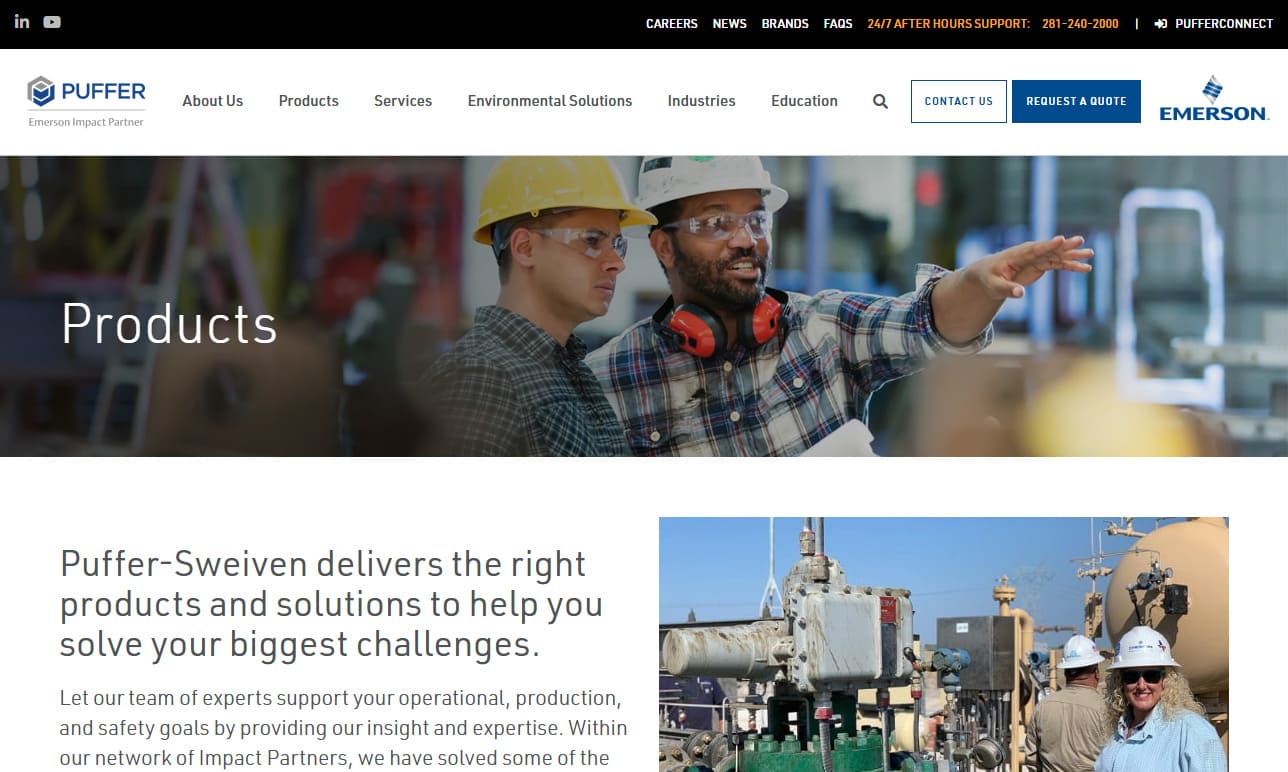
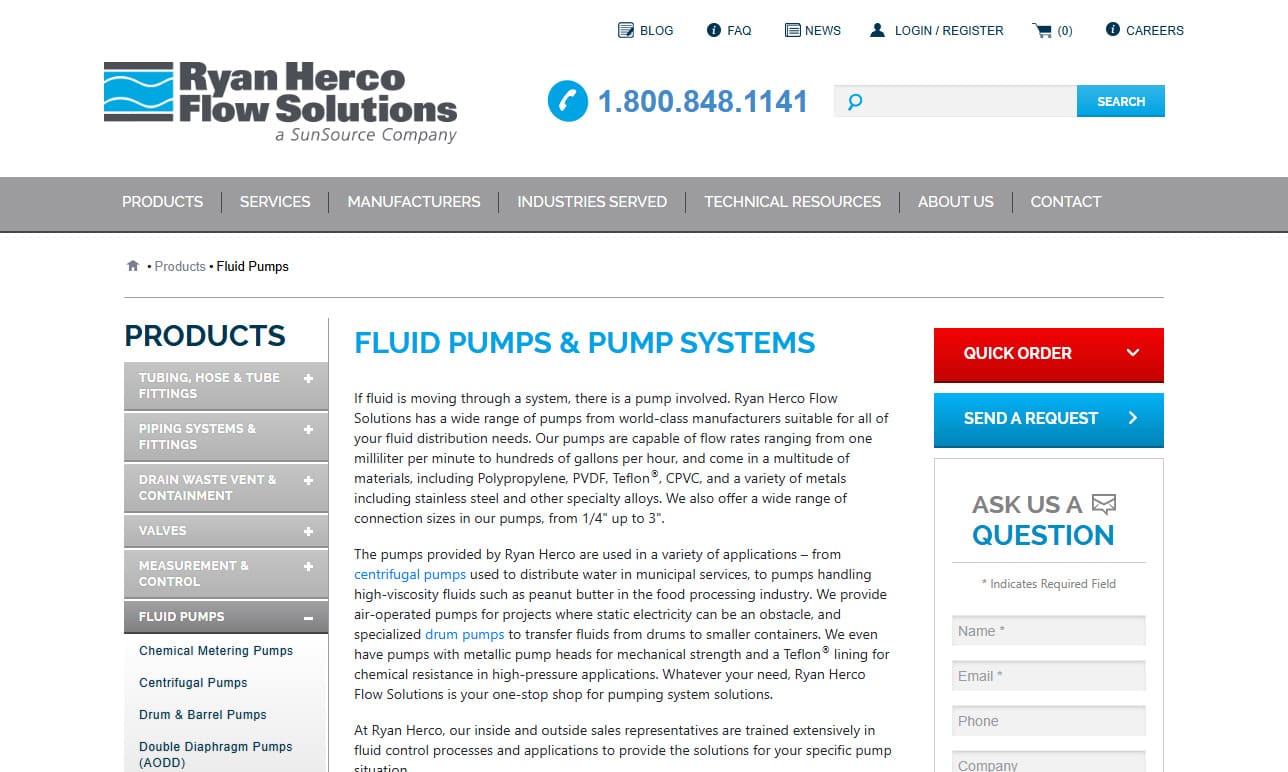
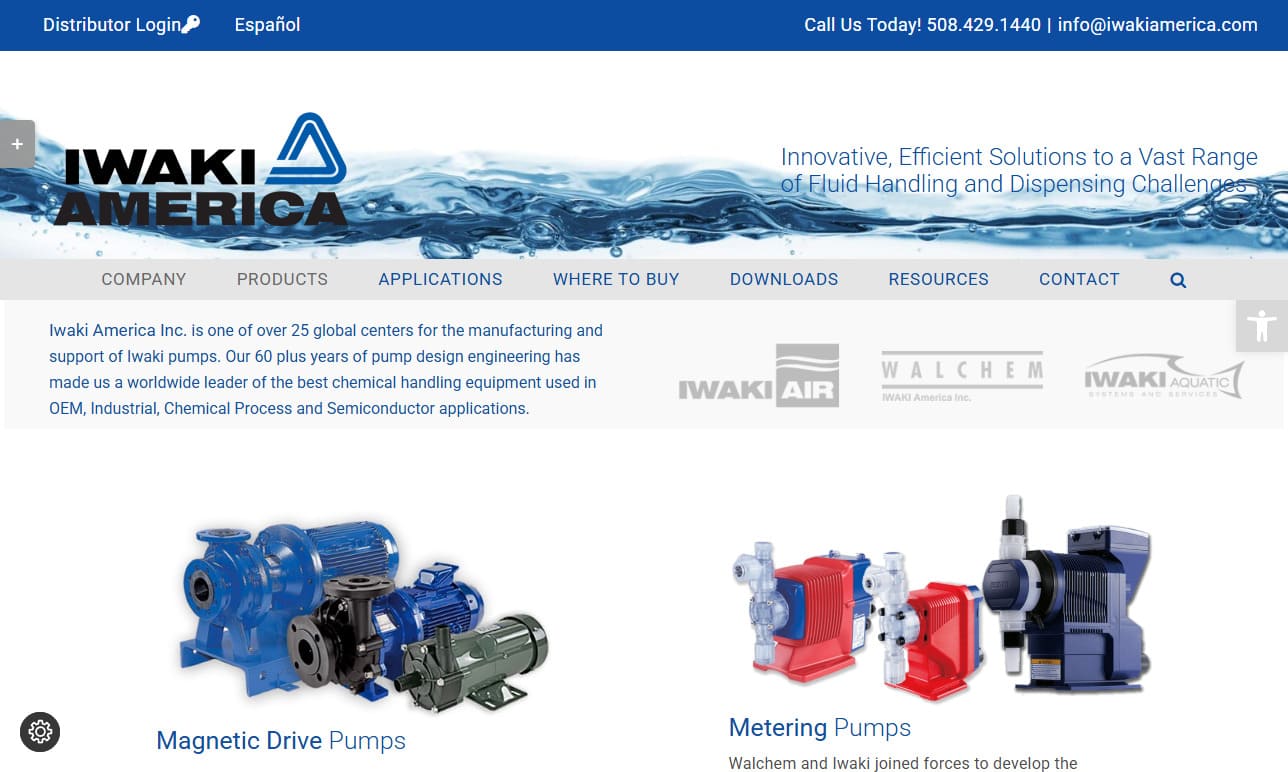
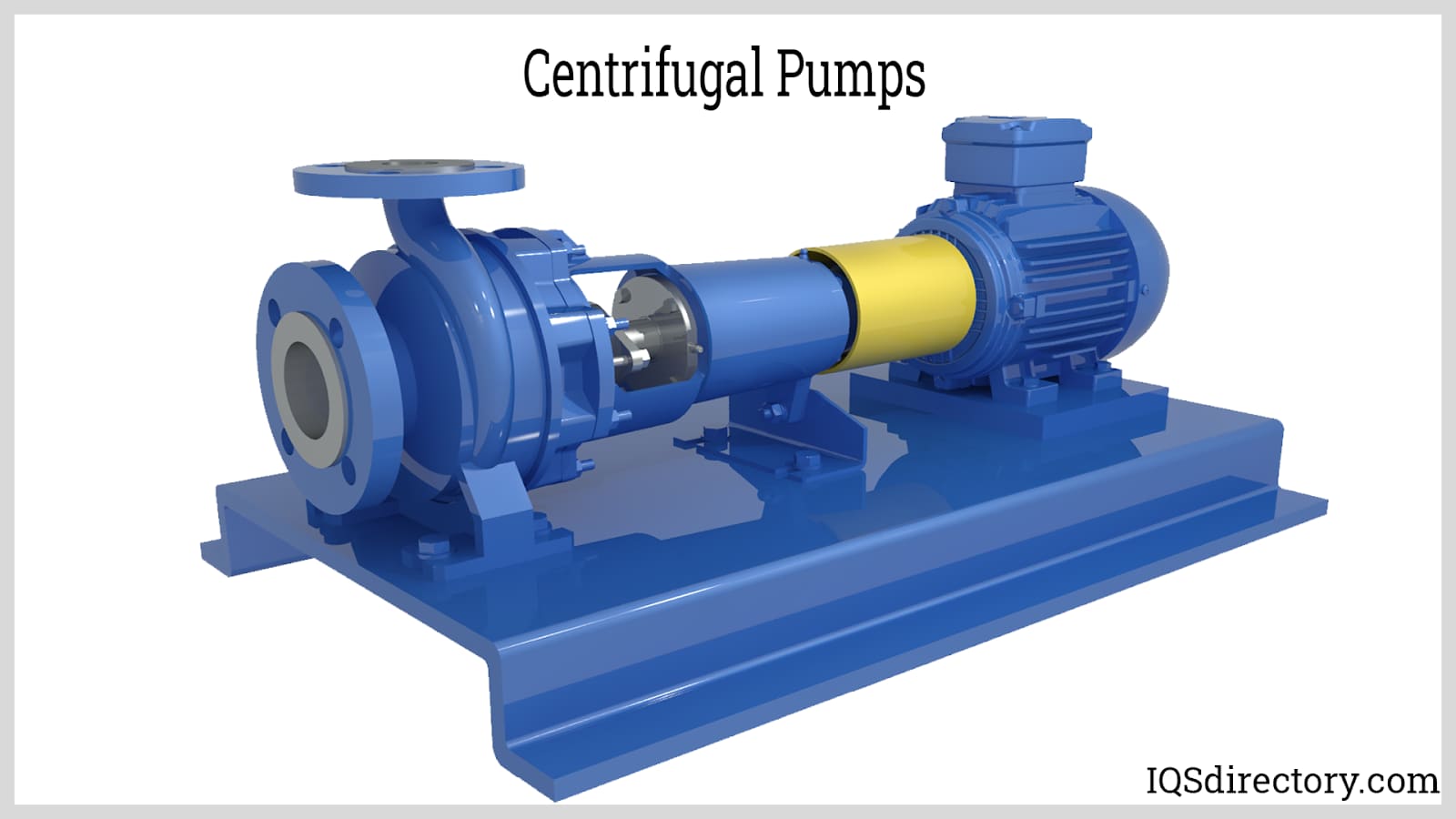
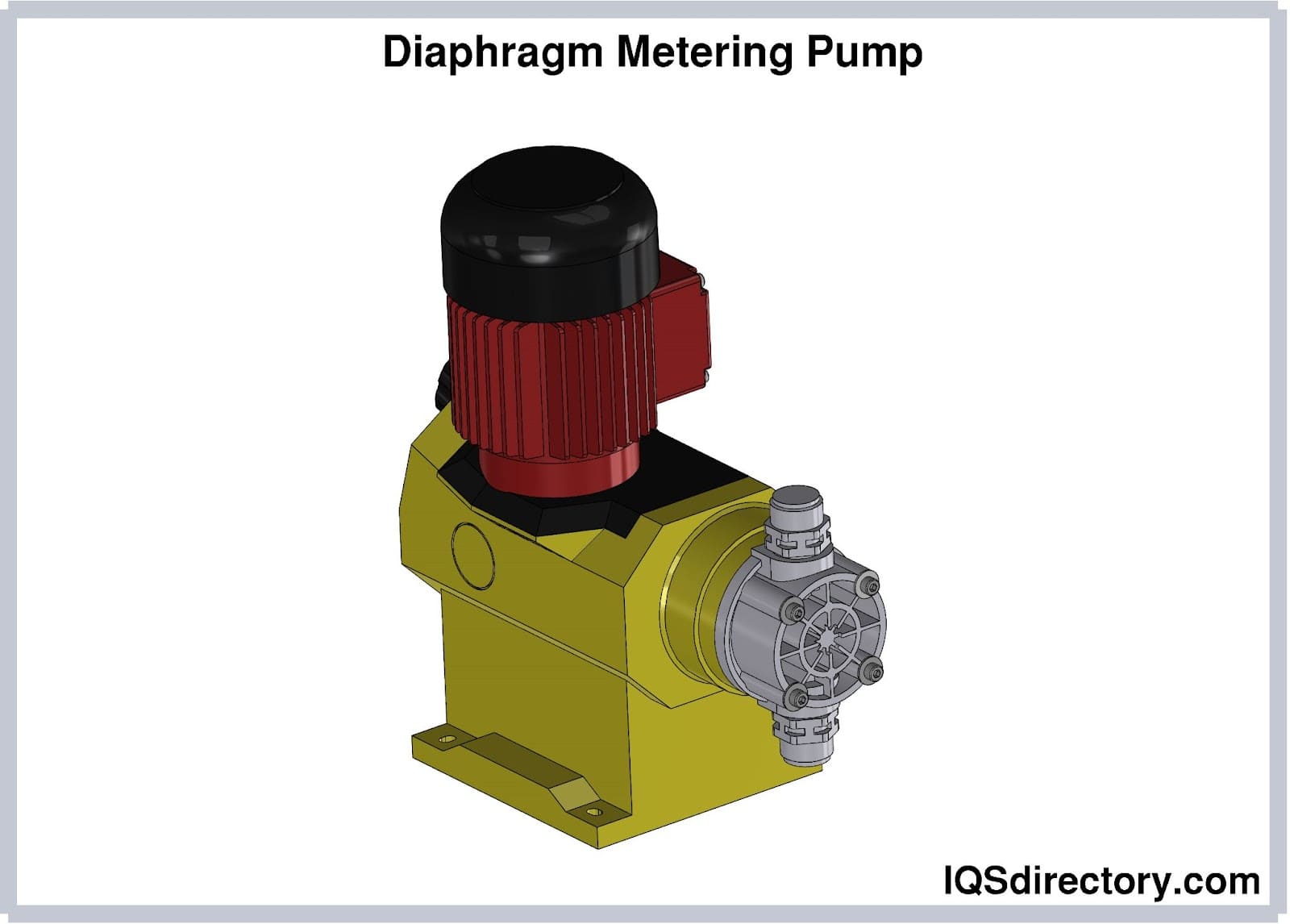
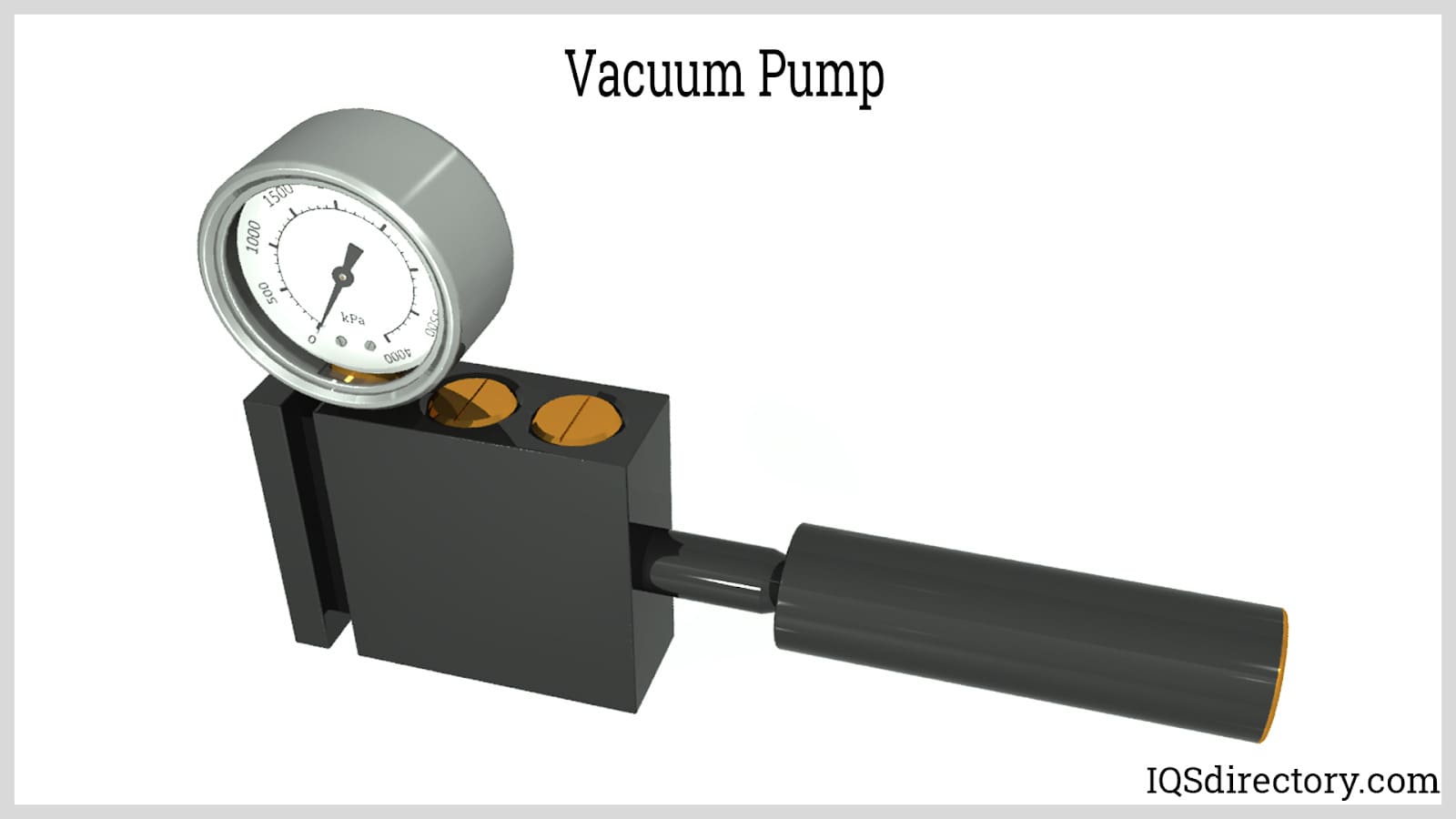
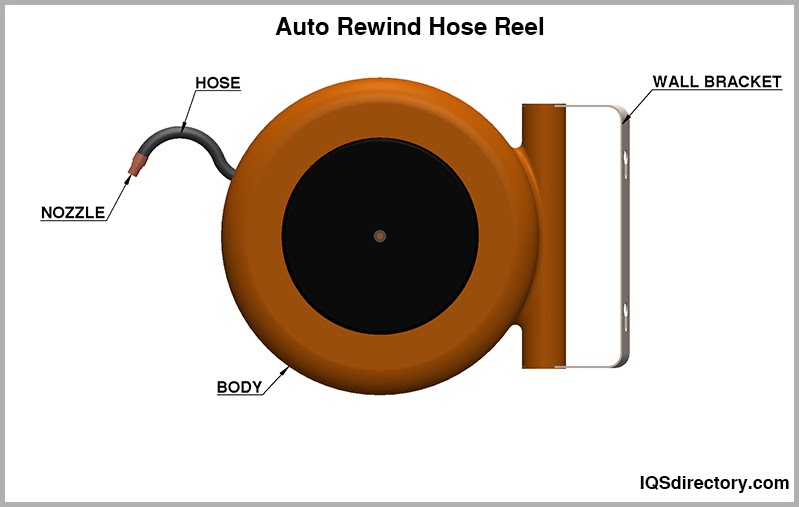

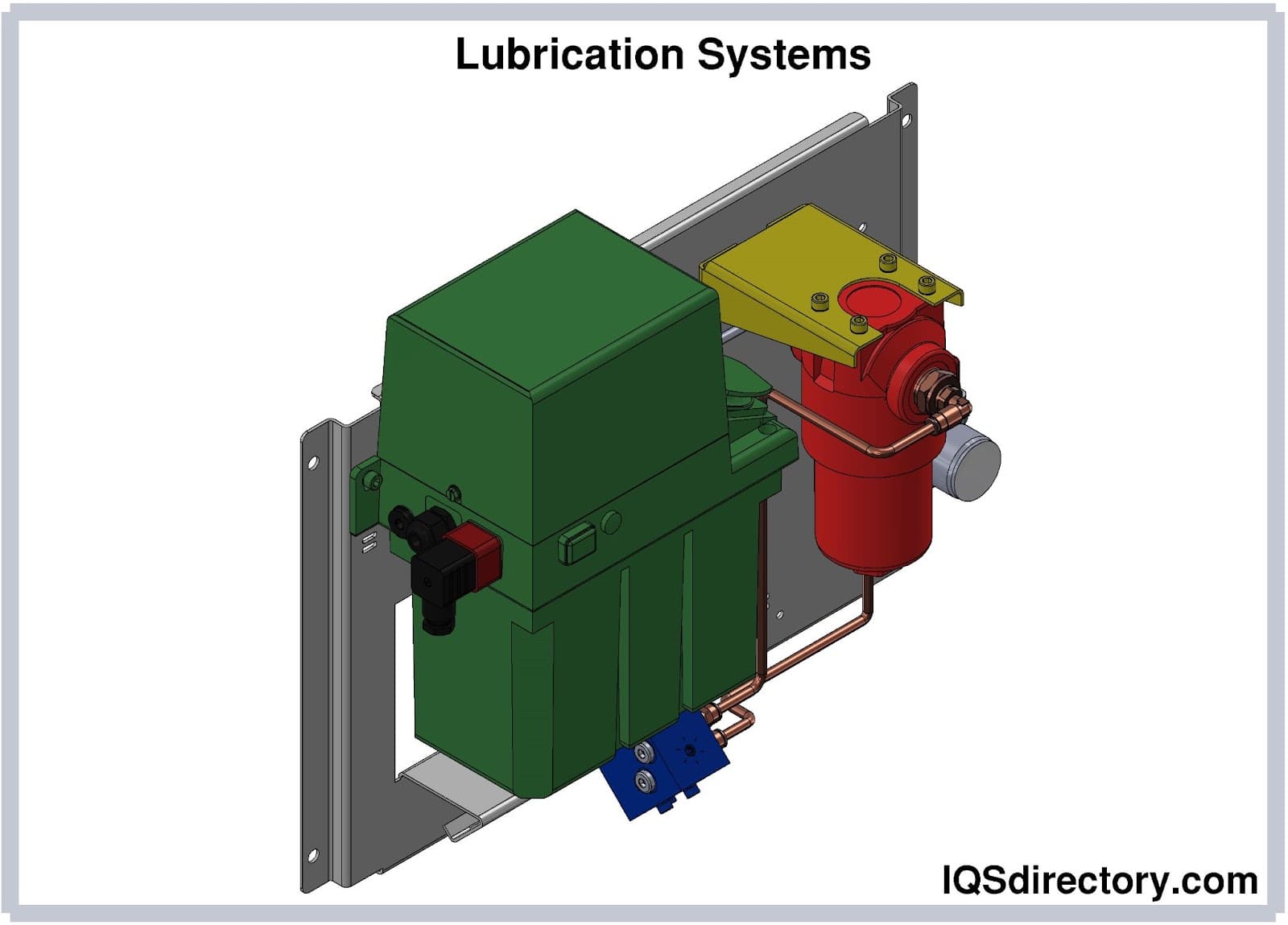
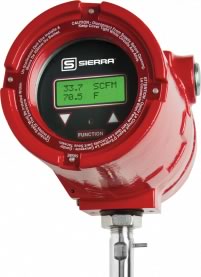 Flow Gauges
Flow Gauges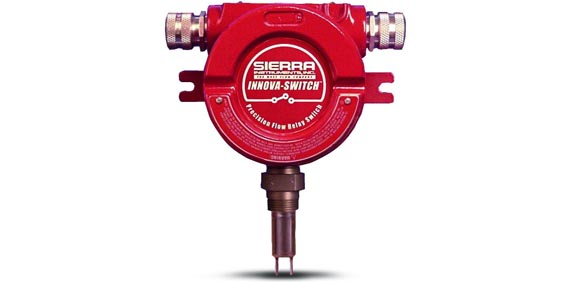 Flow Indicators
Flow Indicators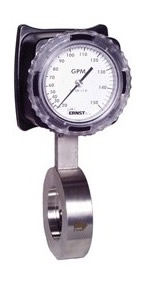 Flow Meters
Flow Meters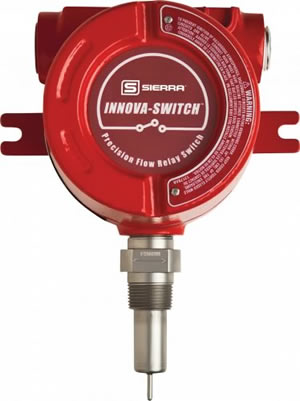 Flow Switches
Flow Switches Castings & Forgings
Castings & Forgings Bulk Material Handling
Bulk Material Handling Electrical & Electronic Components
Electrical & Electronic Components Flow Instrumentation
Flow Instrumentation Hardware
Hardware Material Handling Equipment
Material Handling Equipment Metal Cutting Services
Metal Cutting Services Metal Forming Services
Metal Forming Services Metal Suppliers
Metal Suppliers Motion Control Products
Motion Control Products Plant & Facility Equipment
Plant & Facility Equipment Plant & Facility Supplies
Plant & Facility Supplies Plastic Molding Processes
Plastic Molding Processes Pumps & Valves
Pumps & Valves Recycling Equipment
Recycling Equipment Rubber Products & Services
Rubber Products & Services